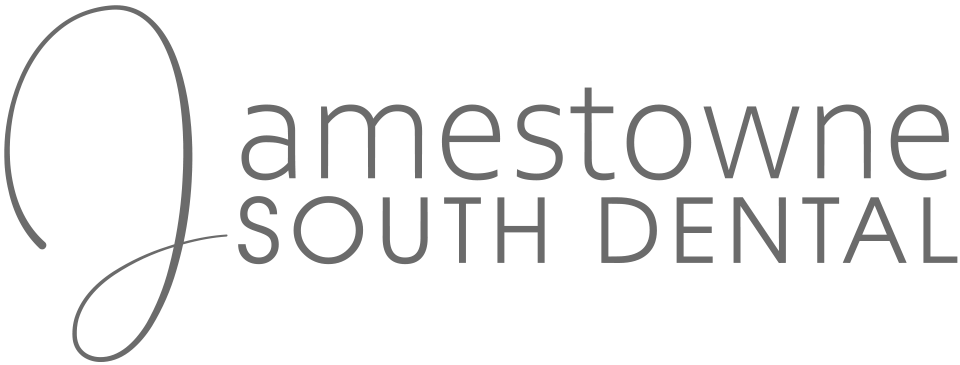Post Tooth Extraction Care
Caring for your mouth after a dental procedure, especially after a tooth extraction, is crucial for proper healing and to prevent complications. Whether it’s to protect you from severe decay, a wisdom tooth is out of order, or you’re preparing for dentures, always follow your dentist’s instructions to ensure a safe recovery. Here are some examples of what you should do once you leave the dentist’s office to care for your tooth post-extraction.
Immediately After the Procedure
- Gauze Pad Pressure: Keep the gauze pad placed by your dentist over the extraction site and bite down firmly to reduce bleeding and aid in clot formation. Change it every 30 to 45 minutes until the bleeding subsides.
- Rest: Rest for the remainder of the day following your extraction. Avoid strenuous activities for at least 24 hours to reduce bleeding and help the healing process.
- Avoid Dislodging the Blood Clot:
- Don’t rinse your mouth vigorously.
- Avoid using straws for drinking.
- Refrain from smoking and spitting, as these can dislodge the clot.
Pain Management
- Painkillers: Take any prescribed painkillers or over-the-counter medications as directed. This can help manage discomfort and reduce inflammation.
Swelling Control
- Ice Packs: Apply an ice pack to the cheek near the extraction site to reduce swelling. Use it for 10 minutes at a time during the first 24 hours.
Eating and Drinking
- Soft Diet: Stick to soft foods and cool liquids after the anesthesia wears off. Gradually reintroduce solid foods as your healing progresses.
- Avoid Hot Beverages: Hot drinks can increase swelling and should be avoided initially.
Oral Hygiene
- Gentle Rinsing: After 24 hours, gently rinse your mouth with warm salt water (1/2 teaspoon of salt in a cup of warm water) after meals and before bed to keep the area clean.
- Brushing and Flossing: Continue brushing and flossing your teeth, but be very gentle around the surgical site.
Smoking and Alcohol
- Avoid Smoking: Smoking can hinder the healing process and increase the risk of complications.
- Limit Alcohol: Alcohol can interfere with the healing process and should be avoided, especially if you’re taking pain medication.
Dry Socket Prevention
- Be particularly cautious to avoid activities that can lead to a dry socket, a painful condition where the blood clot gets dislodged from the extraction site.
Follow-Up Care
- Stitches: If you had stitches that don’t dissolve, you’ll need a follow-up appointment to have them removed.
- Checkups: Even if you’re feeling fine, it’s important to attend any scheduled follow-up appointments to ensure proper healing.
Monitoring for Complications
- Be on the lookout for signs of infection such as increased pain, swelling, fever, or foul taste, and contact your dentist if you experience any of these symptoms.
By following these guidelines for post tooth extraction care, you can help ensure a smooth recovery with minimal discomfort or risk of complications. Always follow the specific instructions given by your dentist, as individual needs may vary. If you have any concerns or unusual symptoms, contact your dental office for advice.
